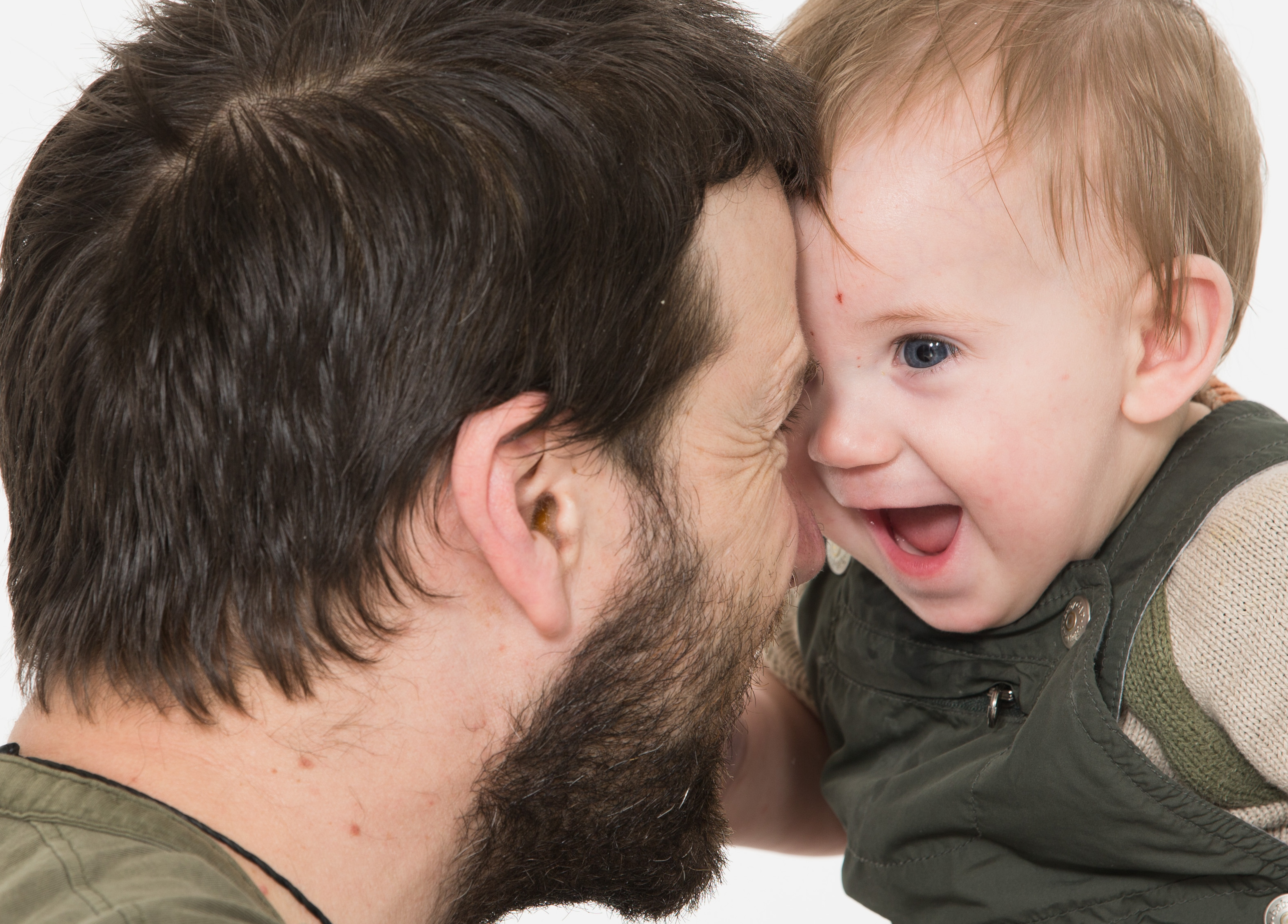Purple
policy links and peep
The Peep Learning Together Programme is an early intervention and prevention programme, deliverable by and across a range of disciplines. We train, support, resource and accredit practitioners to work with families to recognise how they already support their children's learning and development and gain the knowledge, skills and confidence to do more.
The web-pages in this section link to a number of the key government policies which have influenced and/or been influenced by Peeple and Peep programmes.
> Policy links and Peep: Scotland
> Policy links: England and Wales
UK-wide policies
> UK STEM Policy and the Peep Learning Together Programme (8-pg) (Jan 2019)
> UK STEM Policy and Peep LTP - Summary (2-pg + links)
STEM (Science, Technology, Engineering and Maths) is increasingly seen as important to future development. Governments across the UK have developed a number of STEM strategies and policies. The above document provides links to the policies, and outlines how the Peep Learning Together Programme supports them, from the earliest years.
'I think the Peep programme has the child and family at the centre and we work with the parent to give them the best possible experience and interactions with their child. We are encouraging, motivating and supporting families through an informal education approach. The parents have the opportunity to gain accreditation and recognition for their learning. They are modelling success with their children'. Alison Wales, Peep Coordinator, South Ayrshire
policy links and peep
Feature box colour:
find out more or book training
tel 01865 397 970
training@peeple.org.uk
> dates & booking
> in-house training
> training courses
> sign up to our e-newsletter
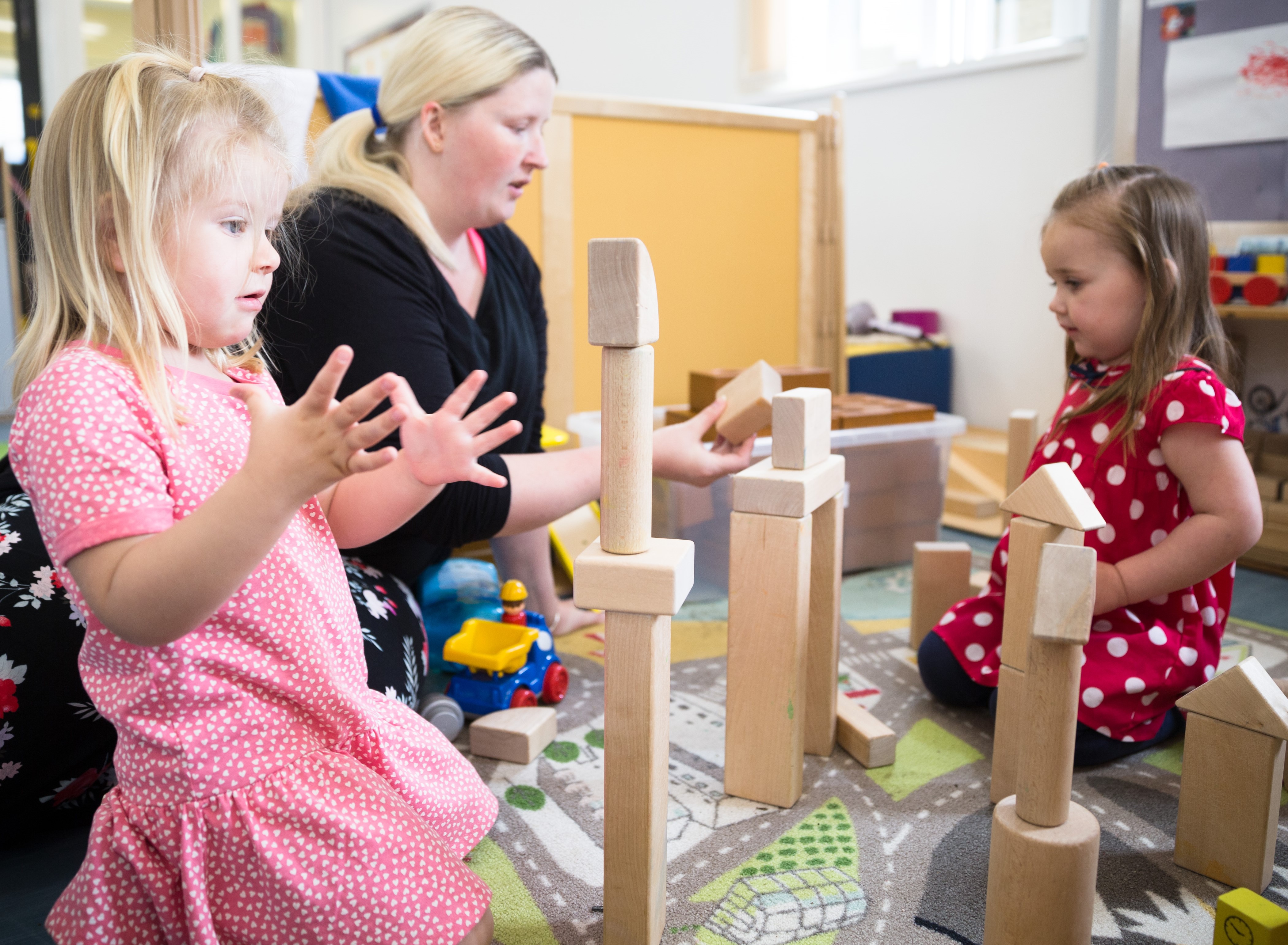
Side Quote Color:
vision, mission, aims and annual report
our vision
Every family makes the most of everyday learning opportunities which improve life chances and help narrow the gap in attainment.
our mission
Peeple exists to help parents improve their children’s life chances, particularly in less affluent areas, by making the most of everyday learning opportunities at home and in the community. Our core purpose is to narrow the gap in attainment particularly by supporting parents in raising their babies and young children to reach their full potential. We do this by developing interventions which support parents as their children’s first educators, by training practitioners to work with families and by supporting the implementation of our programmes. We also deliver services directly to families and help parents to gain qualifications which lead to further education or employment. In addition, we contribute to research and policy development in early years education.
Our work is underpinned by the Peeple principles.
peeple aims 2023-24
- Train and accredit more practitioners to support families with their young children’s learning
- Provide more support for trained practitioners to implement Peep programmes
- To accredit more parents with Peep Progression Pathway units
- Support more families in Oxfordshire
- To provide high quality early learning and childcare at Little Peeple Nursery
- To develop new interventions and extend the Learning Together Programme resources
- To share evidence and good practice with the Early Years sector, policy makers and researchers
- To ensure good governance, management and infrastructure
peeple annual report
> Download our Annual Report 2022-2023
our vision, mission, aims and annual report
Feature box colour:
find out more or book training
tel 01865 397 970
training@peeple.org.uk
> programmes
> training courses
> dates & booking
> sign up to our e-newsletter
peep parent comments:
'Peep helped us bond more, we learned new songs and how to make things with everyday stuff at home'
‘I felt isolated but found Peep a lifeline’
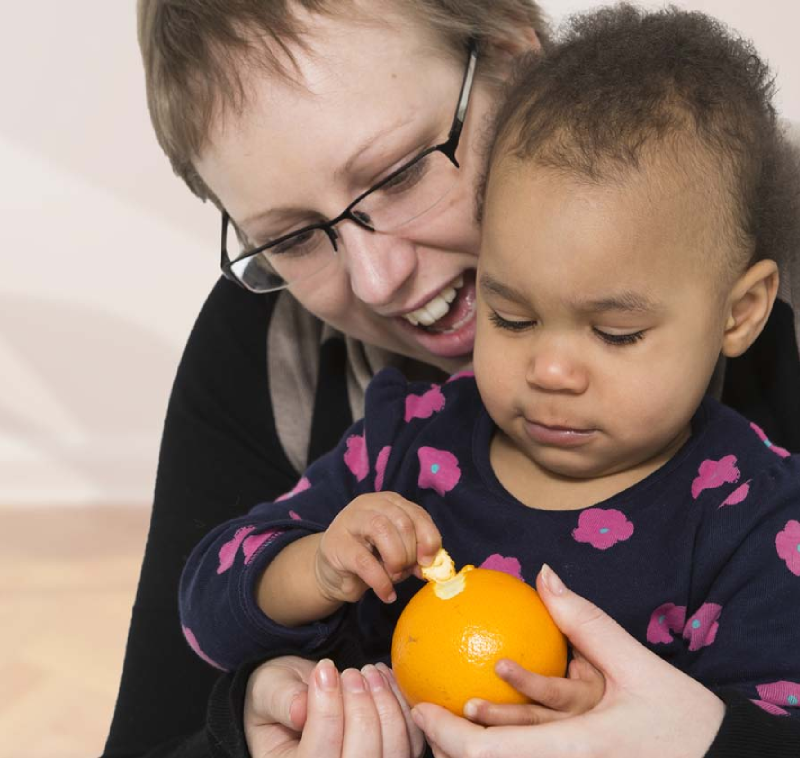
Side Quote Color:
jobs
We don't have any vacancies at the moment.
If you are interested in hearing about job vacancies in the future or in volunteering for us please fill in our Expression of interest form and email it to jobs@peeple.org.uk
There may be permanent, temporary or supply cover job vacancies in our Little Peeple Nursery in Littlemore, Oxford over the coming months. Please look out for further notices on this website or our social media pages. If you have a strong interest and commitment to looking after the needs of babies to four year olds and involving parents in their child’s learning, please contact Lindsey Hart, our Early Education and Childcare Manager, to find out more about work and volunteering opportunities: littlepeeplenursery@peeple.org.uk or tel 01865 397972.
jobs
Feature box colour:
Our commitment to Equal Opportunities
We’re an equal opportunities employer and welcome applications from all suitably qualified persons regardless of their race, sex, disability, religion/belief, sexual orientation, gender identity or age. We are keen to hear from applicants with a wide range of relevant backgrounds and experiences. Don’t be put off applying because you’re not sure if you’re a perfect fit for the role, or because you have caring responsibilities, etc – we do our best to be a flexible and supportive employer, in line with our charitable aims and principles.
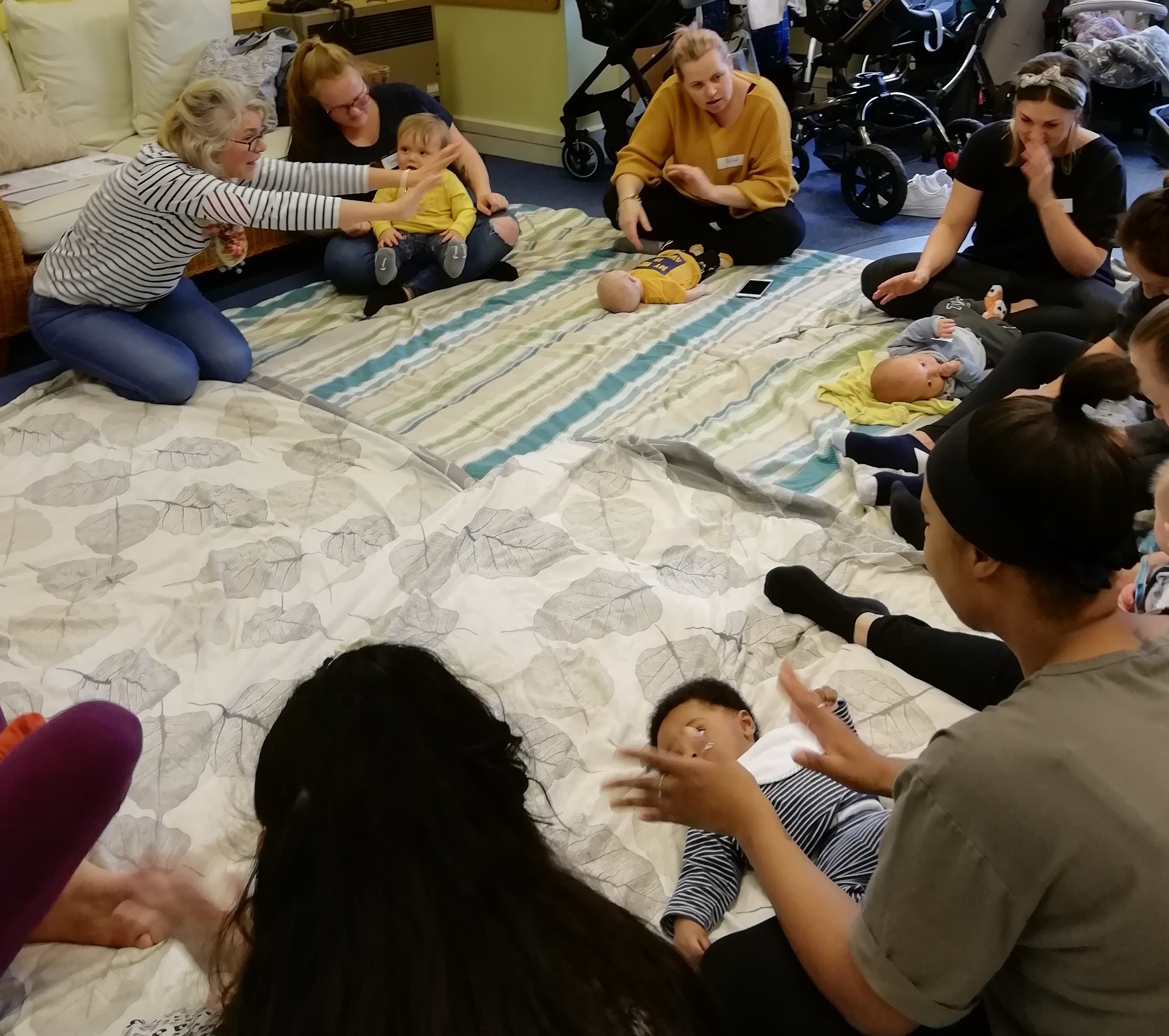
Side Quote Color:
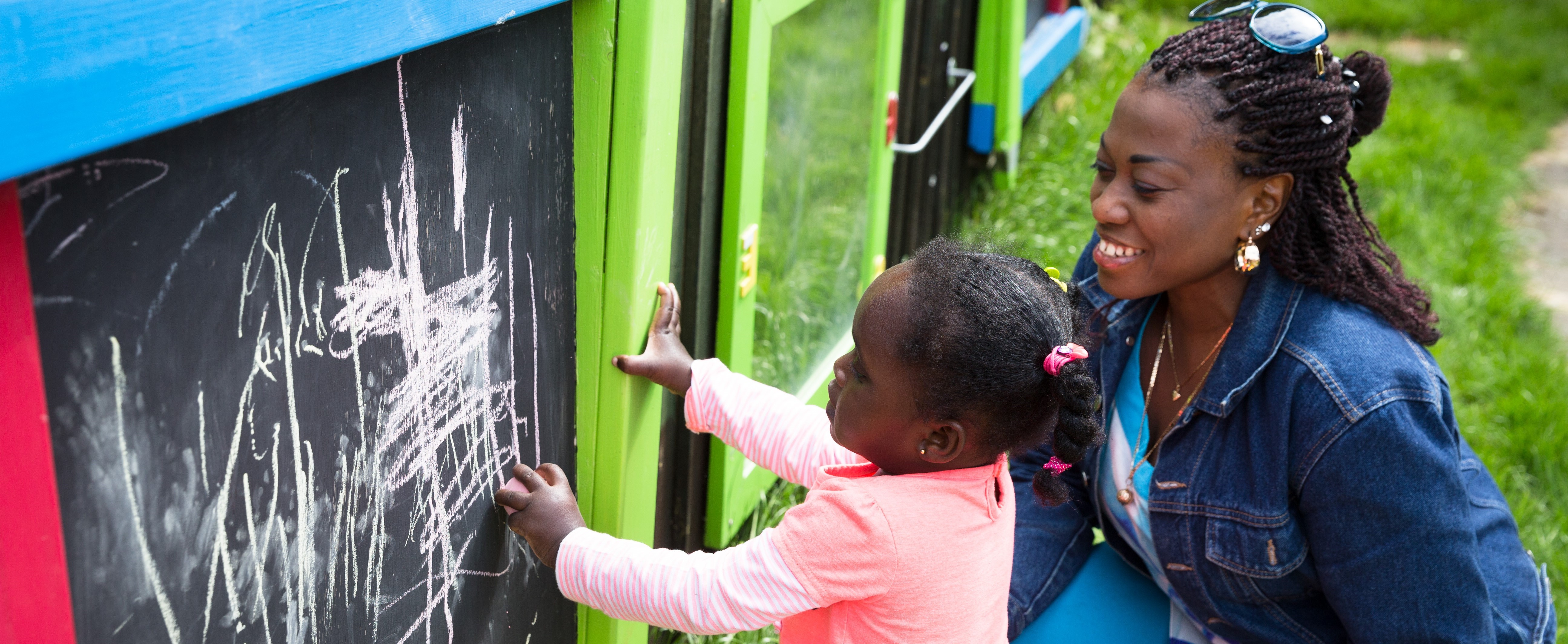
health case studies
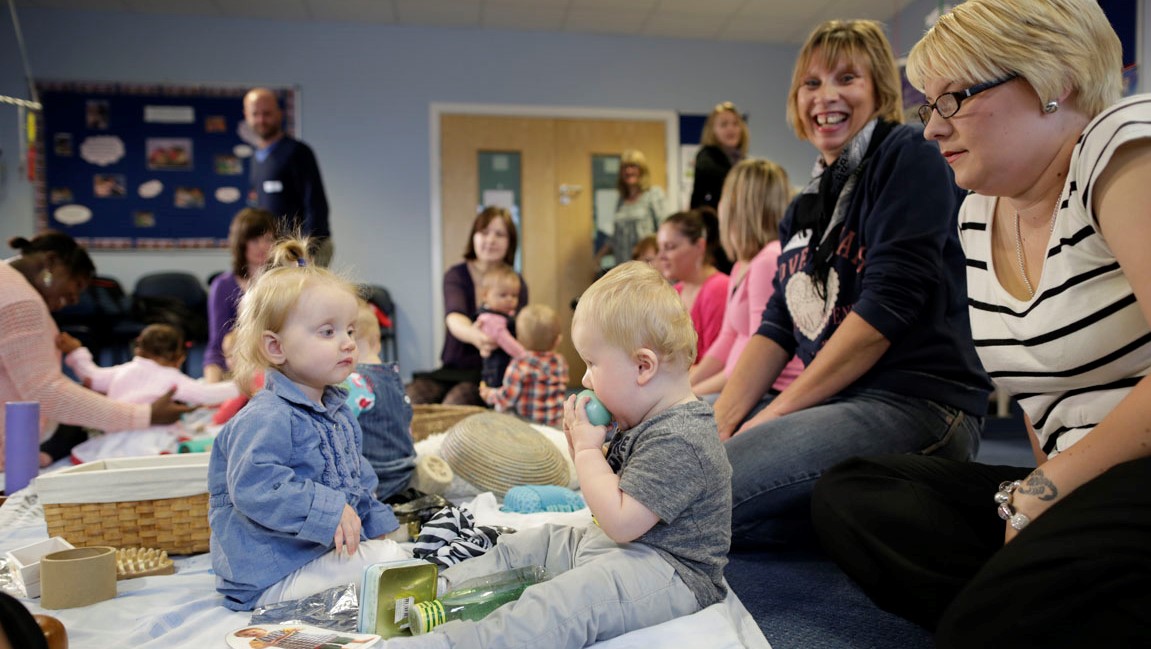 Health and well-being of families is at the heart of Peep in various ways:
Health and well-being of families is at the heart of Peep in various ways:
- The most frequent thing that parents/carers say they like about Peep is the supportive relationships that they develop, with other families and with practitioners. They find it reassuring to have a safe space in which to discuss the challenges (as well as the joys!) of raising babies and young children, without feeling judged. This is incredibly important for people's mental health, at what can be an isolating or difficult time.
- Midwives, health visitors and community nursery nurses are often the main people, beyond close family and friends, that families have contact with during the weeks and months before and after a child's birth. The Peep Antenatal Programme and Learning Together Programme offer a simple way that they can share practical ideas with families, supporting the early development of a strong attachment relationship. This document demonstrates How Peep Learning Together supports early year Health work with families, including contributing to the six high impact areas and MECC (make every contact count) approach used by health visitors and Public Health England.
- 'Health and physical development' is one of the Learning Together Programme's five strands of development. It includes 14 topics, ranging from 'Building a brain' and 'Food for life' to 'Exploring nature', 'Babies on the move' and 'Developing balance and co-ordination'. Find out more on our 'topic examples' page.
Here are a few examples of how Peep programmes are being delivered in various health contexts:
> Preparing and sharing mealtimes in nursery and home in Highland
> Peep in child health clinics in Oxfordshire
> Making the most of health centres in Moray
> Healthy Peep in Midlothian - focusing on healthy eating, hygiene, exercise, co-ordination and friendships
> Antenatal Peep online in Highland
> Water Peep in Newcastle - babies and parents in the swimming pool
> Multi-agency Peep: health and community learning in Edinburgh - pregnancy to babyhood: with midwives and health visitors, CLD and voluntary sector workers
> Peep in high schools in Moray - health and home school link workers, families and pupils (developing the young workforce)
including antenatal peep
Feature box colour:
Side Quote Color:
About us - quote
‘Peep has helped me become more confident as a parent and as a person.’ (Peep parent, Derby)
About




about
find out more about what our charity does
Feature box colour:




- Read more about About
- Log in or register to post comments
birth to school study & tracer study
The Birth to School Study (BTSS) is a longitudinal evaluation of the Peep Learning Together programme, with a sample size of 600 families. The Learning Together programme aims to encourage children’s early language, literacy and numeracy and to nurture their self-esteem by supporting parents. Consequently, the BTSS investigated the effects of the programme on parents as well as on children. The six-year span of the study allowed time for potential effects on the parents to ‘filter down’ to the children. The study was carried out by the University of Oxford (2005).
Families who had participated in the Learning Together programme in Oxford were compared to children who lived in a similar area in another city but had not received the programme. Propensity Score Matching was also used to refine the comparison. The children were assessed each year using standardised instruments including measures of language, literacy, numeracy and general cognitive ability. Their socio-emotional development, including self-esteem was also assessed.
Overall, the study found that children who participated in Peep made better progress in a set of skills related to early literacy development, and that they had higher self-esteem. As well as contributing to children’s own development and relationships, these characteristics help their school-readiness.
key findings
The effects of Peep on parents
Peep parents, compared to matched parents from the comparison area, reported a significantly enhanced view of their parent/child interaction when their children were aged one.
When the children were two years old, Peep parents were rated significantly higher on the quality of their care-giving environment.
The effects of Peep on the cognitive and socio-emotional development of children
Peep children made significantly greater progress over time than matched children from the comparison area in a range of skills related to language development and future literacy success:
- vocabulary
- phonological awareness of rhyme and alliteration
- letter identification
- understanding of books and print
- writing.
Children from the Peep group showed a significant advantage (aged 5), compared to the matched children from the comparison area, in the following measures related to self-esteem:
- peer acceptance
- cognitive competence
- physical competence
- general competence
- total self-esteem.
To read more about the Birth to School Study, download a research summary or full report (189 pages), or contact us if you'd like us to send you a copy of the Oxford Review of Education article about the Study. You can also read our Tracer study, for which five of the Birth to School study parents were interviewed, as their Peep children were starting secondary school.
Follow the links for more information about our Learning Together Programme and Training.
longitudinal peep birth to school study
Feature box colour:
‘The results strongly support existing evidence that good quality parenting leads to improved cognitive and social skills for the children.’ (Evangelou, Brooks, Smith and Jennings, 2005)

Side Quote Color:
Peep Progression Pathway - qualification units for parents and carers
The Peep Progression Pathway offers nationally recognised units to cover three qualification levels for parents and carers as learners. At each of these levels, learners can follow a unit covering:
- any of the five Peep learning strands - Communication and Language, Health and Physical Development, etc, and/or
- any of the four developmental stages - Babies, Toddlers, Pre-schoolers or Early Childhood - of the Learning Together Programme.
Join our next free Pathway Information Session for practitioners and managers
to find out more about using the Peep Progression Pathway with your local families
Thur 13 June 3.30 - 4.30pm
> Email us and we'll send you a Teams link for your calendar: pathway@peeple.org.uk
Parents and carers involved in an evaluation of the Peep Progression Pathway reported that they have:
- a greater understanding of their role in promoting their child’s development
- an increased confidence in supporting their child’s learning and development
- more knowledge and ideas for improving the home learning environment
- recognised improvements in their own personal learning and literacy skills
- enhanced aspirations – particularly in relation to their own early years and child development study and work opportunities
The units have been credit-rated by the Scottish Qualifications Authority (SQA) at SCQF levels 3, 4 and 5 - equivalent to entry level 3, level 1 and 2 equivalent in the rest of the UK.
The Peep Progression Pathway - as its name suggests - often leads on to parents and carers taking further training or qualifications, or new career opportunities. You can read some of our case studies here:
- from Peep parents to Peep group leaders in Midlothian
- family learning and employability in Derby
- with Home-Start in Edinburgh
- with foster carers in Oxfordshire
- with inmates (and their partners) in HM Prison Inverness
- parent to classroom assistant in Dumfries & Galloway
Read more about:
> Peep Progression Pathway delivery for organisations - including how to become a Delivery Centre
> Pathway training for Peep practitioners
> Information for learners - parents and carers
benefits for parents and carers
The Peep Progression Pathway units formally recognise the learning which is already occurring within a Peep session. This includes playing, talking, sharing books and stories, and singing with young children, and using ORIM.
The credit-rated units are assessed entirely by portfolio. Through this portfolio, learners recognise and build on everyday learning, reflect on their child’s development, and their own role as first educator. Parents/carers have treasured them, both as a reflection of their own learning and as a keepsake about their child.
Learners who participated in the Peep Progression Pathway pilot found it useful in a range of ways:
Furthering their understanding of child development
‘It’s good to really consider why you do things and how it benefits your child’ (Parent)
Enhanced parent confidence and relationship with their baby or child
'The course allowed me to grow in confidence in being able to understand babies' needs and wants. The talk time and listening to others helps put your own experiences into perspective. I'm able to listen to my baby more now and decipher cries and wants - tired, bored, hungry, etc.’ (Parent)
'I gained useful skills through the Peep programme and pathway that will help me day-to-day when I’ve been released from prison. It gave me a better understanding of parenting and what can help my child.' (Parent in Inverness Prison)
A stepping stone into formal learning...
‘We are finding that parents who do not feel confident to register as a learner recognise that their portfolio work is just as good as their peers and often have a change of heart and submit their portfolios for assessment. It’s increasing access to parents who would never consider participating in accredited learning’ (practitioner)
'At the end of our Peep group I had the opportunity to complete the Peep Progression Pathway course and to support the running of a Peep group. I then attended the Peep Learning Together Programme Training and this led to me applying for a post with Midlothian Council as a Peep Leader – I was successful! To have the confidence to make a complete change in career is a real achievement for me. The Peep Progression Pathway course and the Learning Together Programme helped me become a better parent by supporting my learning and understanding of what a child needs. I realised that I loved the learning and wanted to do more.'
... and employability
‘We’re seeing a number of parents in our area who are going through the accreditation with the hope of progressing on to co-deliver the groups as volunteers or bank staff where funding allows’ (practitioner)
Personal development
‘I haven’t had to think critically for a while, so it’s been good to get back into it’ (Parent)
Enjoyment
‘I've recommended it to all my friends. A very worthwhile and valuable experience’ (Parent)
‘Practitioners love that the Progression Pathway is sown throughout our existing Peep Learning Together Programme’ (Practitioner)
peep progression pathway
> find out how you can offer qualification units for parents:
Thur 13 June - free info session
Feature box colour:
Feedback from a young mum: ‘I was very shy and didn’t want to come out. I had to get two buses to come to Peep. The qualification was a pull. It’s made me more confident, knowing what I am doing with my child’s development. I was nervous at first but really liked the two group leaders. It was not as hard as I had thought. I want to go back to college. I had a big gap in my CV so it enabled me to fill that and have something to speak about.’
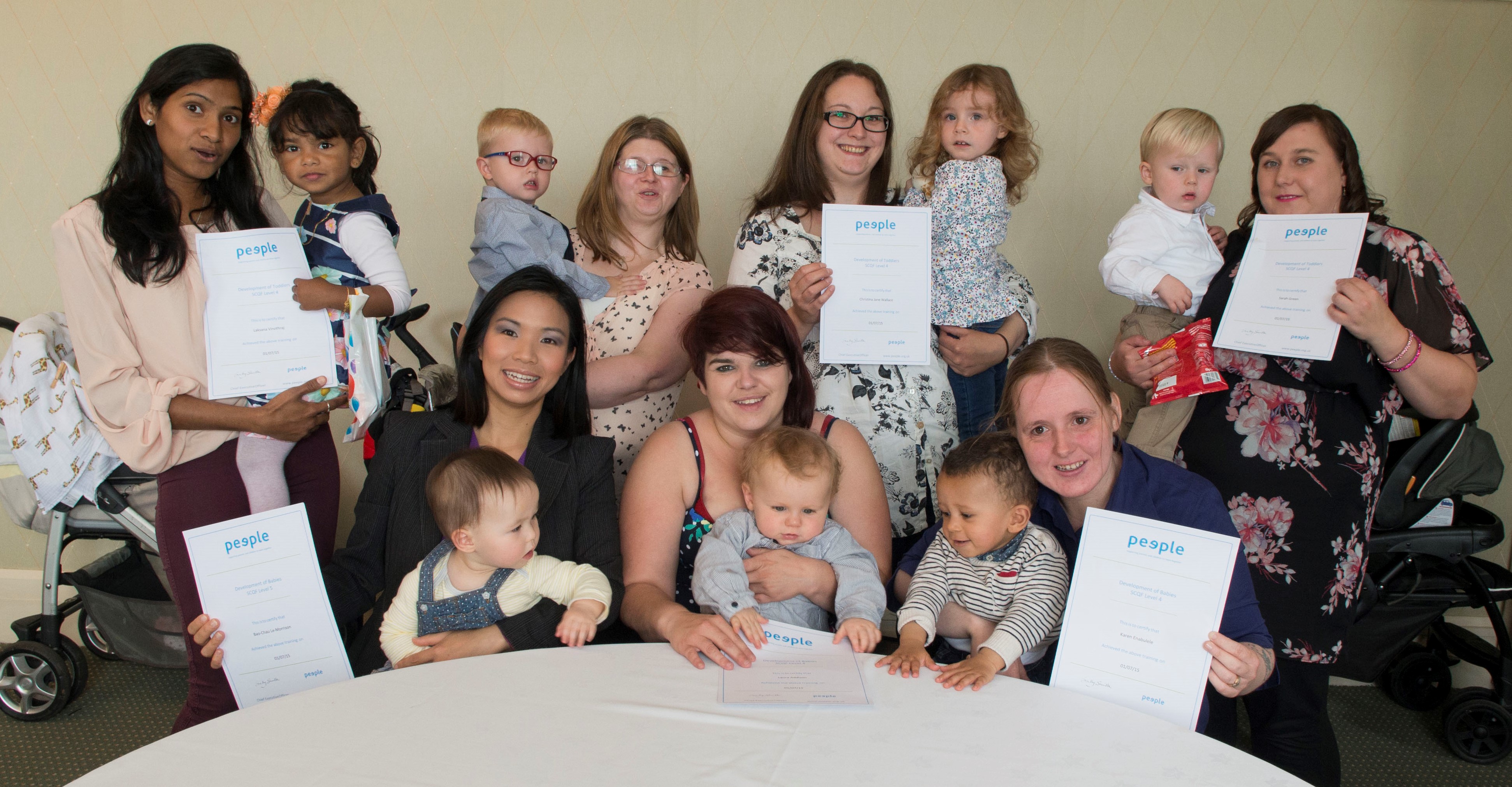
Side Quote Color:
Contact information

book training or find out more.
contact our training and support team:
t: 01865 397970
training leaflet & booking form
peep overview
sign up to our newsletter for the latest
training news and dates
information briefing for managers
Are you thinking about how Peep programmes might benefit your organisation and local families?
Our video provides an overview about using Peep programmes in your organisation, and you'll hear from Peep families, practitioners, managers and commissioners:
We'd also be very happy to meet you and your decision-making colleagues online or face-to-face, to give you an overview and discuss your questions, including how Peep programmes can:
- enhance secure attachment and relationships, children's early social-emotional, cognitive and physical development, and their transitions and school readiness,
- build parenting capacity and confidence to strengthen the home learning environment, recognising and valuing what they already do,
- be used flexibly in any targeted and/or universal provision, from pregnancy to five,
- contribute to a multi-agency approach of identifying, engaging and working with families.
You can read more about how the Peep Learning Together Programme supports the home learning environment.
Peep Learning Together Programme Training includes post-course delivery support: online access to the whole programme, a 'Peep champions' network, newsletters and a practitioner facebook group, for asking questions and sharing tips and ideas with other practitioners.
> Contact us on 01865 397970 or email: training@peeple.org.uk with any questions, or to arrange a free information briefing.
We also hold regular free hour-long information sessions for practitioners or managers who want to find out more about the following - please click the links for forthcoming dates:
> Peep Progression Pathway - parent qualifications
Feature box colour:
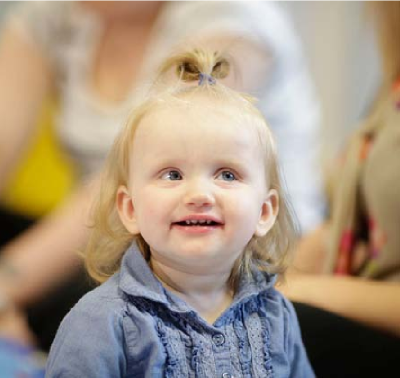
find out more or book training
tel 01865 397 970
training@peeple.org.uk
> training courses
> in-house training
> dates & booking
> sign up to our e-newsletter
“Peep is an essential part of the inclusive provision for parents at the centre - it builds parental confidence, introduces early learning and supports forming networks of support.” Peep manager
"Professionals and Peep facilitators have noticed how effective Peep groups have been in accessing families that have previously been perceived to be ‘hard to reach’. Luton continues to value the training opportunities, accreditation support and advice they have received from Peep and value the positive partnership that has developed over the last eight years." Family support co-ordinator in Luton

